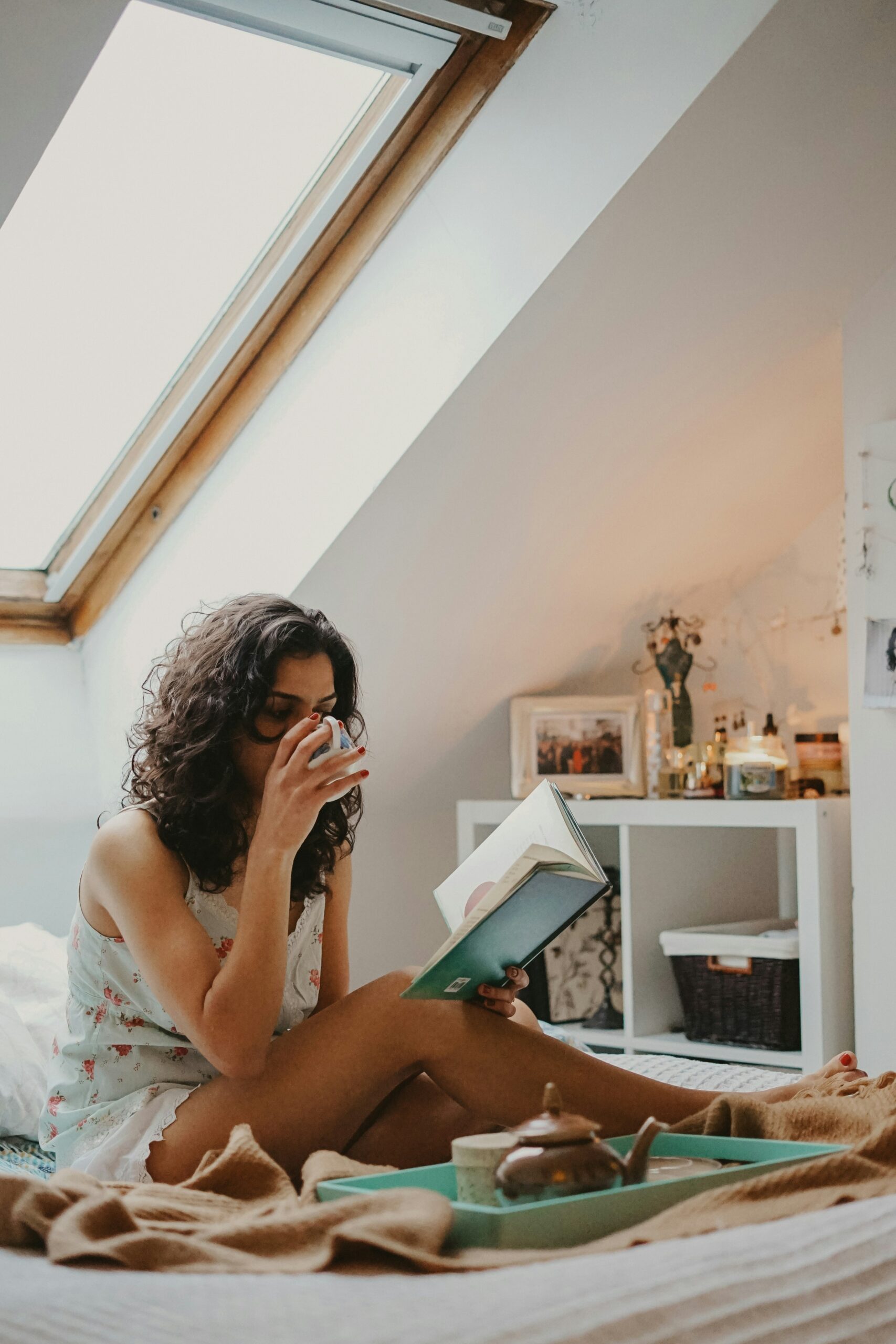Self-Care is Not Selfish: NYC Therapist Shares Top 5 Self-Care Tips
June 27, 2024
According to the National Institute of Mental Health, self-care refers to “taking the time to do things that help you live well and improve both your physical health and mental health.” Self-care may look different for everyone, but the important aspect to remember is that it is not selfish. Implementing and prioritizing these five self-care activities into your weekly routine can help you feel relaxed and refreshed, both physically and mentally.
Self-Care Tips & Tricks
Exercise
- Our mind and body are connected in various ways. Exercise serves as a positive coping skill that helps us deal with our emotions in a healthy and efficient manner. Whether you are feeling stressed, overwhelmed, anxious, or excited, structuring a daily exercise routine for yourself will allow you to more easily regulate and express your emotions. The form of exercise you choose is up to you. It can be as simple as going for a walk or signing up for your favorite workout class. Whichever you choose, your workout will increase your serotonin levels, which will help you naturally overcome negative thoughts and emotions.
Sleep
- Getting enough sleep is critical to reach our maximum daily potential. Having a rough night of sleep can have lasting negative effects as you try to get your body back on track. Next time you struggle in your sleep routine, consider these helpful tips:
- Adjust your sleeping environment to achieve optimal sleep. Remove any stray lights from phones, clocks, or devices. Keep comforting items nearby, which may include large pillows and throw blankets.
- Put down your devices and turn your TV off. If you rely on the light or white noise from a device to fall asleep, it may take some getting used to, but removing these will allow you to fall into a deeper, uninterrupted sleep.
- Engage in relaxing and calming activities before bed. If you are having trouble getting to sleep, try sitting in a different room and listening to music or reading a book. Once you start to feel tired, return to your bedroom and try again.
- Are you experiencing anxious thoughts at night? Create a list of tasks or thoughts to resurface with yourself tomorrow so that you can lie down with a clear mind.
Listen to Music
- Research shows that music is a great way to reduce and manage stress levels. Music can be used as motivation to feel better or to increase efficiency within one’s daily routine. Music makes people feel connected, which can help someone feel less lonely and increase their self-esteem. Turn on your favorite playlist or song and allow yourself to feel the soothing beat.
Unplug from Social Media
- The average person spends approximately two hours and 23 minutes per day on social media. While social media connects us across countries, exposes us to new cultures, and motivates our experiences, it is also directly related to an increase in self-esteem struggles and feelings of loneliness. With the rise of influencer culture, it is inevitable that people internalize what they see on social media and compare it to their own lives. This contributes to an increase in anxiety and depression and often makes it more difficult for individuals to be satisfied with their own lives. Research supports that taking breaks from social media can have a positive impact on overall well-being. Rather than spending time aimlessly scrolling, take a break and challenge yourself to try something new!
Practice Gratitude
- Practicing gratitude allows us to slow down and recognize the good in our lives. Life is often so busy and action-packed; it is easy to forget all of the good we have going on and the people that we are thankful for. Each week, take some time to write down three aspects of life for which you are grateful. This activity will allow you to step outside of your thoughts and feelings on that particular day and acknowledge some positives that you have around you. This is also a great way to reduce stress and feelings of overwhelm, reflect, and reset your mind.
Conclusion
It shouldn’t be difficult to implement at least one of these self-care tips into your weekly routine. Making small changes in our schedules can have huge returns of increased happiness, satisfaction, and energy. Which will you try first?
References:
Cherry, K. (2024, April 24). How listening to music can have psychological benefits. Verywell Mind. https://www.verywellmind.com/surprising-psychological-benefits-of-music-4126866
Howarth, J. (2024, May 10). Worldwide daily social media usage (new 2024 data). Exploding Topics. https://explodingtopics.com/blog/social-media-usage
Mental health is… moving your body. (n.d.). University of Colorado Boulder Health & Wellness Services. https://www.colorado.edu/health/blog/moving-your-body#:~:text=The%20benefits%20of%20movement&text=Here%20are%20just%20a%20few,emotions%20move%20through%20our%20bodies
Sleep tips: 6 steps to better sleep. (2022, May 7). Mayo Clinic. https://www.mayoclinic.org/healthy-lifestyle/adult-health/in-depth/sleep/art-20048379

GET the NEWSLETTER
Subscribe now and take the first step towards a more fulfilling and balanced life.
Site Credit
Terms and Conditions
Privacy Policy
Join the Conversation
Specialized therapy in DBT, CBT, and Mindfulness, fostering mental health and personal growth for individuals and families.
Nav
You're on the list! keep and eye on your inbox!